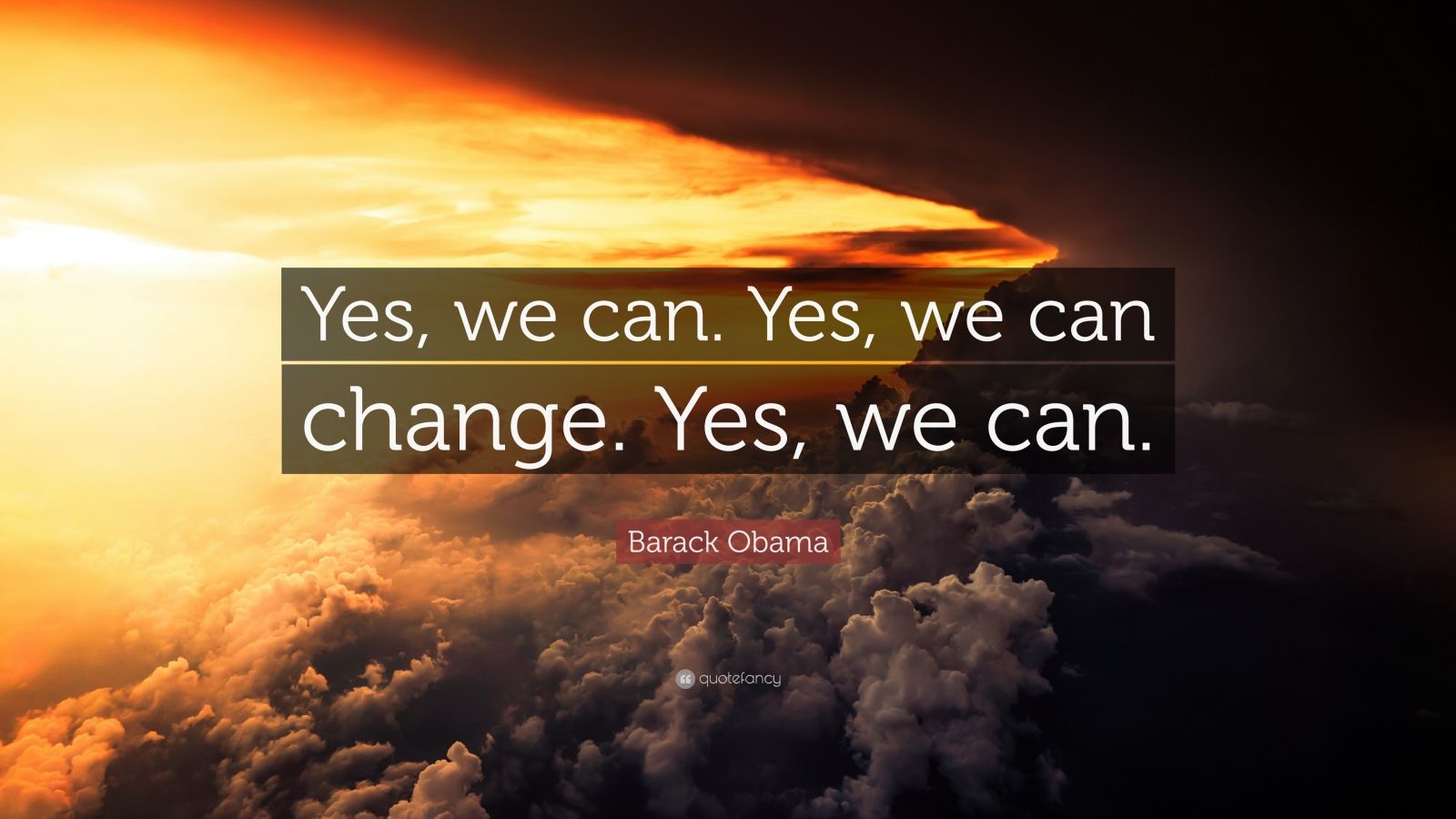

Although there is an important difference between how and why they use them, all of these speechmakers draw on the same repertoire of rhetorical devices.Īs Wills argues, Lincoln uses repetition of words as "a kind of hook-and-eye method for joining the parts of his address": there's hardly a sentence that doesn't repeat a word in the preceding one, from "nation" and "conceived" to "consecrated" and "dead". Unsurprisingly, there are myriad references to and quotations from the Bible. Both Kennedy and Obama quoted Lincoln accepting his party's nomination in 2008, Obama quoted and cited King. The opening of Gettysburg harks back to American independence ("four score and seven years ago our fathers brought forth upon this continent a new nation"), the "I have a dream" speech to Lincoln's emancipation proclamation. No wonder, then, how many of these speeches start with reference to anniversaries and go on to refer to each other. "All modern political prose," Wills argues, "descends from the Gettysburg address." In his definitive study of Lincoln at Gettysburg, the American scholar Garry Wills points out that the address not only followed Everett's sprawling oration, but supplanted it with a new, plain style of delivery that was to dominate American public speaking from then till now. Nonetheless, they share much more than divides them: in style, reference, technique, subject and inspiration. There is, I want to argue, a crucial difference between the content and therefore the rhetorical method of Obama's speeches and the rest.

Jackson had lost the democratic nomination, Obama had won the election. Roosevelt's inaugural was given in the depths of the depression, Kennedy's at the height of the cold war. The King speech was delivered at a rally in support of civil rights.

The Gettysburg address (all 272 words of it) followed a two-hour eulogy by Edward Everett, the president of Harvard, celebrating a key civil war victory. These speeches were delivered at different lengths, on different occasions and under different circumstances.


 0 kommentar(er)
0 kommentar(er)
